AS KNOWLEDGE PROVIDER (SUPPLY)
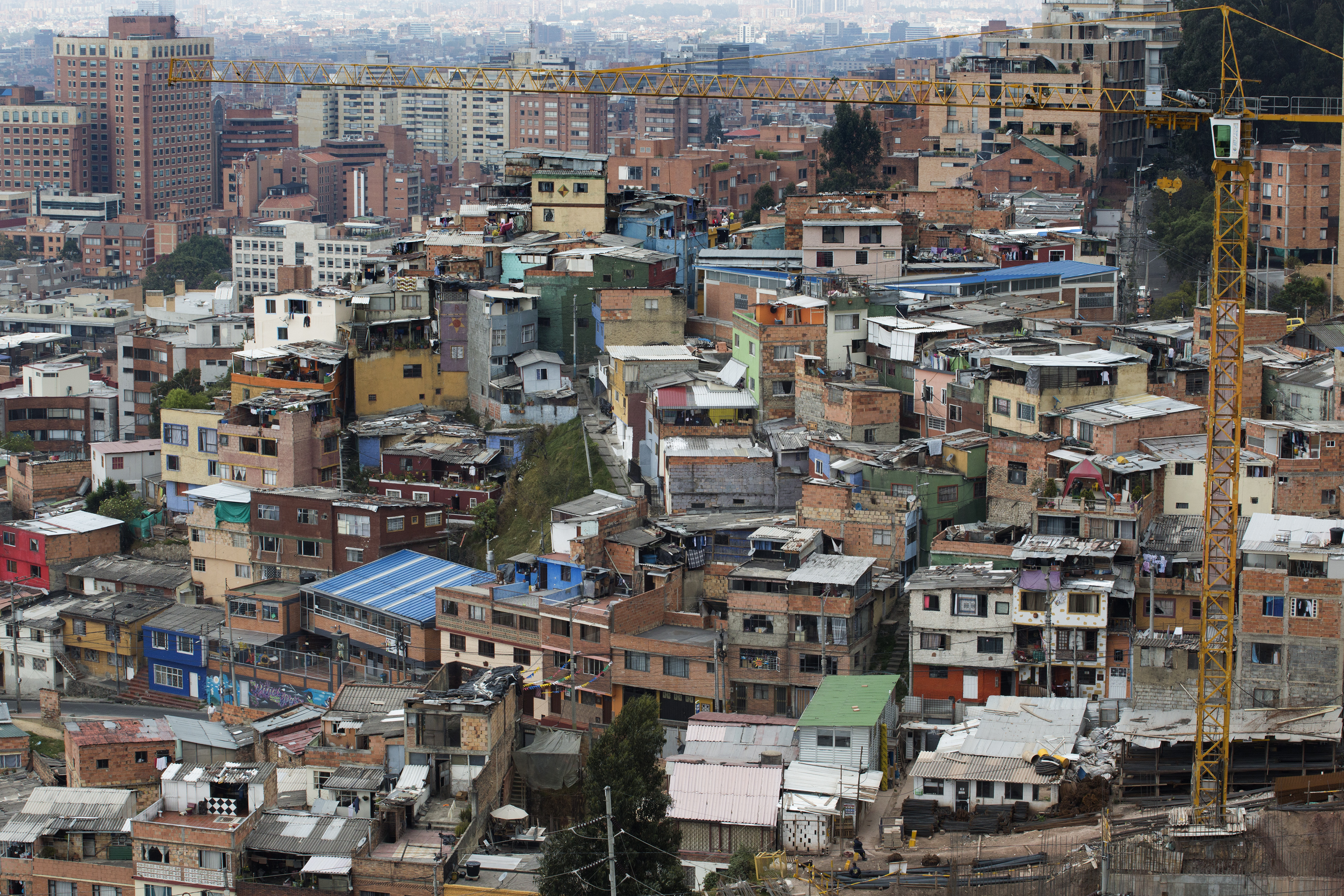
Latin America and the Caribbean Housing and Habitat South-South Knowledge Exchange
There are serious constraints to guaranteeing adequate housing in the Latin America and Caribbean (LAC) region. The housing shortage problem is a result of (i) historically insufficient stock of available houses for the population - i.e. quantitative housing deficit; (ii) new demand (e.g.
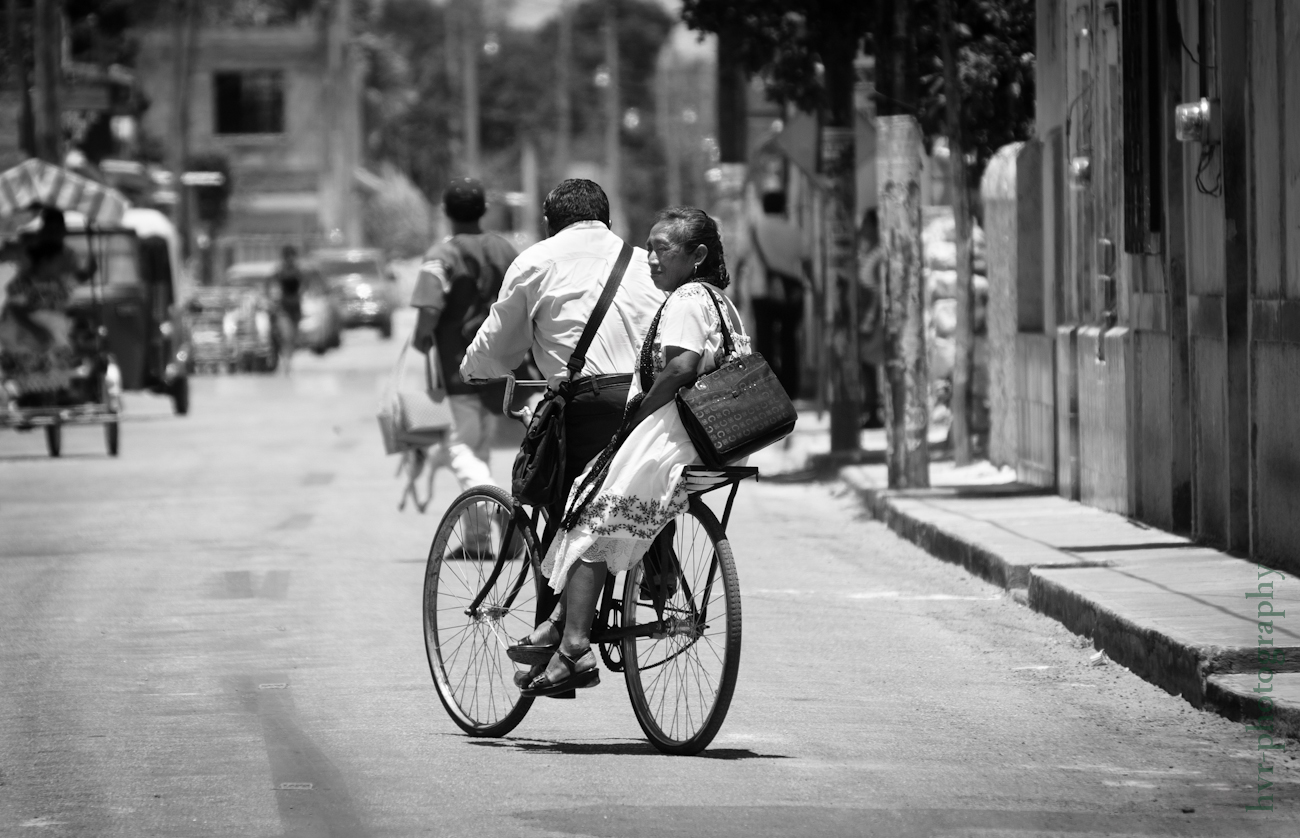
LAP / Latino América Pedalea (Latin America Cycles) A community of practice to support pro-cycling awareness, delivery capacity, and governance through intersectoral cooperation
As Latin American cities continue to evolve in their efforts to encourage more people to cycle through improved planning and design, authorities face challenges like weak stakeholder engagement that hinder their ability to implement cycling infrastructure.
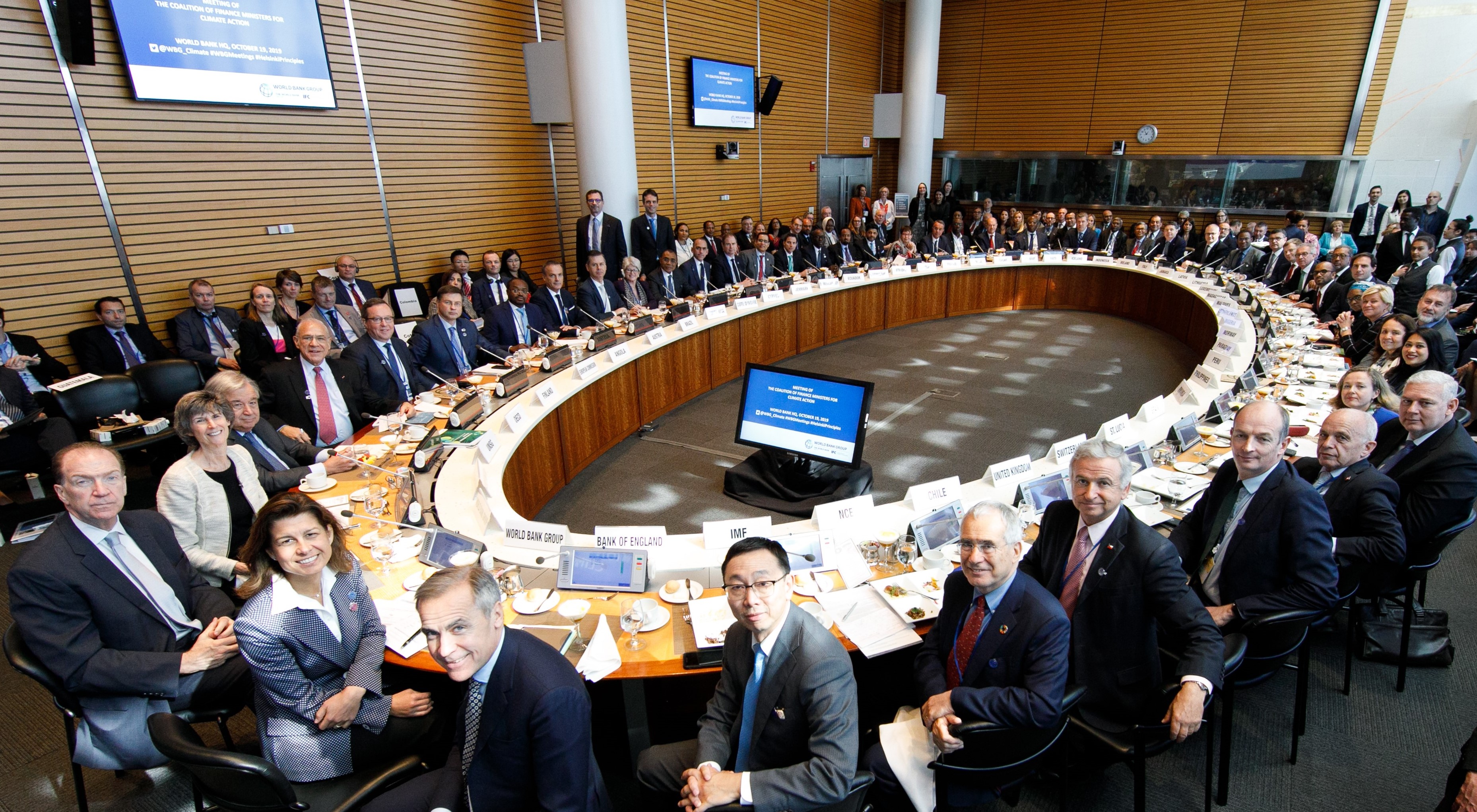
Action Learning Support to CAPE – Climate Action Peer Exchange
Climate Action Peer Exchange (CAPE) is a forum for peer learning, knowledge sharing, and mutual advisory support.
Providing country: China, Colombia, Tanzania, Kenya, Uganda, St. Kitts and Nevis, Chile, Morocco, Vietnam, Argentina, Austria, Bangladesh, Canada, Costa Rica, Cote d'Ivoire, Denmark, Dominican Republic, Ecuador, Equatorial Guinea, Ethiopia, Finland, Fiji, France, Germany, Ghana, Guatemala, Greece, Iceland, Indonesia, Ireland, Italy, Jamaica, Kenya, Latvia, Lithuania, Luxembourg, Madagascar, Maldives, Marshall Islands, Mexico, Monaco, Netherlands, New Zealand, Nigeria, Norway, Panama, Paraguay, Philippines, Poland, Portugal, Spain, Sri Lanka, Sweden, Switzerland, Tonga, Uganda, United Kingdom, Uruguay
Receiving country: China, Colombia, Tanzania, Kenya, Uganda, St. Kitts and Nevis, Chile, Argentina, Austria, Bangladesh, Canada, Chile, Colombia, Costa Rica, Cote d'Ivoire, Denmark, Dominican Republic, Ecuador, Equatorial Guinea, Ethiopia, Finland, Fiji, France, Germany, Ghana, Guatemala, Greece, Iceland, Indonesia, Ireland, Italy, Jamaica, Kenya, Latvia, Lithuania, Luxembourg, Madagascar, Maldives, Marshall Islands, Mexico, Monaco, Netherlands, New Zealand, Nigeria, Norway, Panama, Paraguay, Philippines, Poland, Portugal, Spain, Sri Lanka, Sweden, Switzerland, Tonga, Uganda, United Kingdom, Uruguay, Morocco, Vietnam
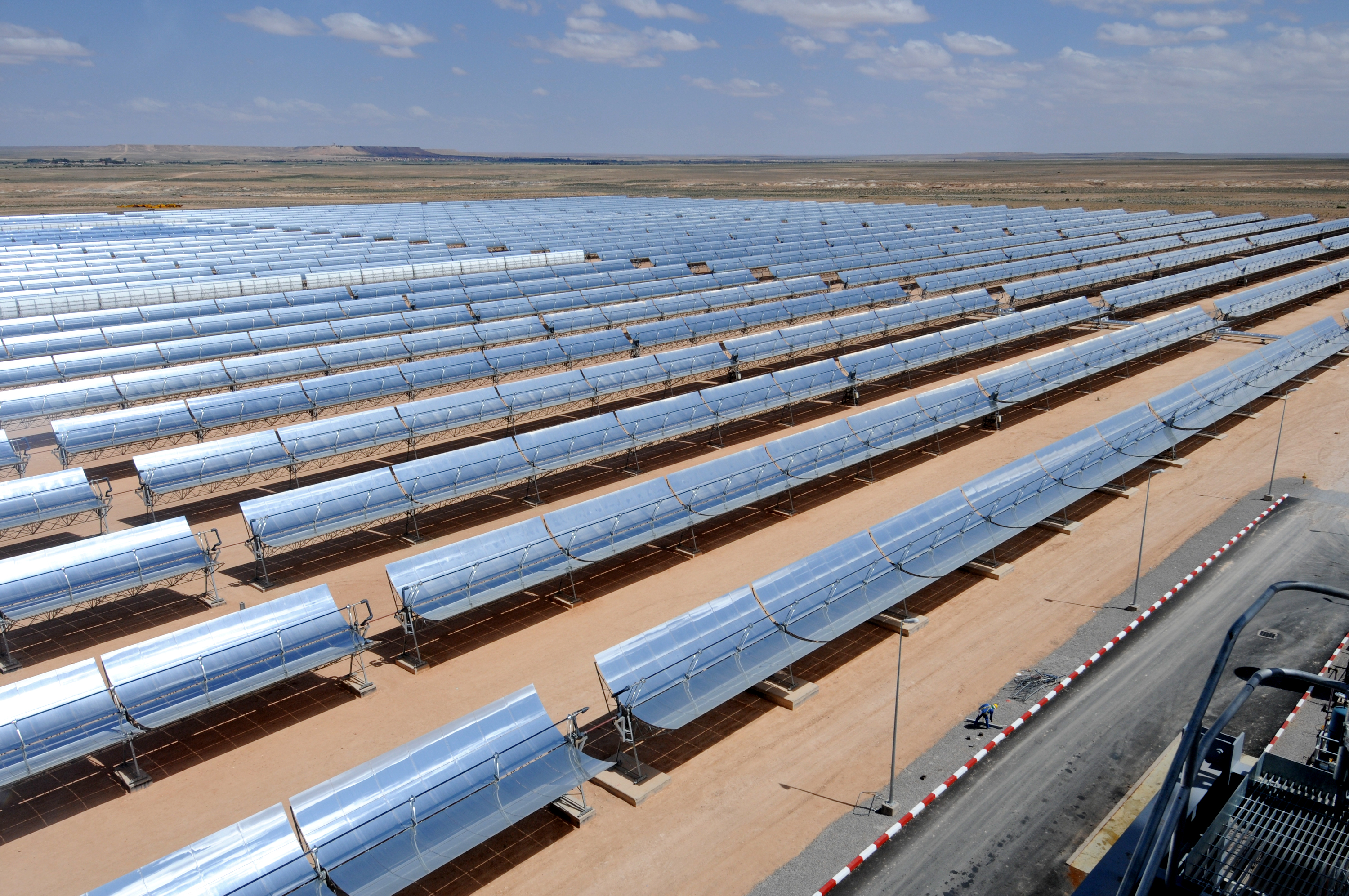
Following the Carbon for Clean Energy in Asia
Over 80% of worldwide new coal-fired power plants due to begin operating between now and 2020 will be in middle-income countries in Asia: China, India, Indonesia, Vietnam, Philippines and Pakistan.
Providing country: China, India, Indonesia, Pakistan, Philippines, Vietnam, Brazil, Mexico, Peru, Australia, Denmark, Japan, Singapore, South Africa, Korea, Republic of, Spain, United Arab Emirates, United Kingdom, United States
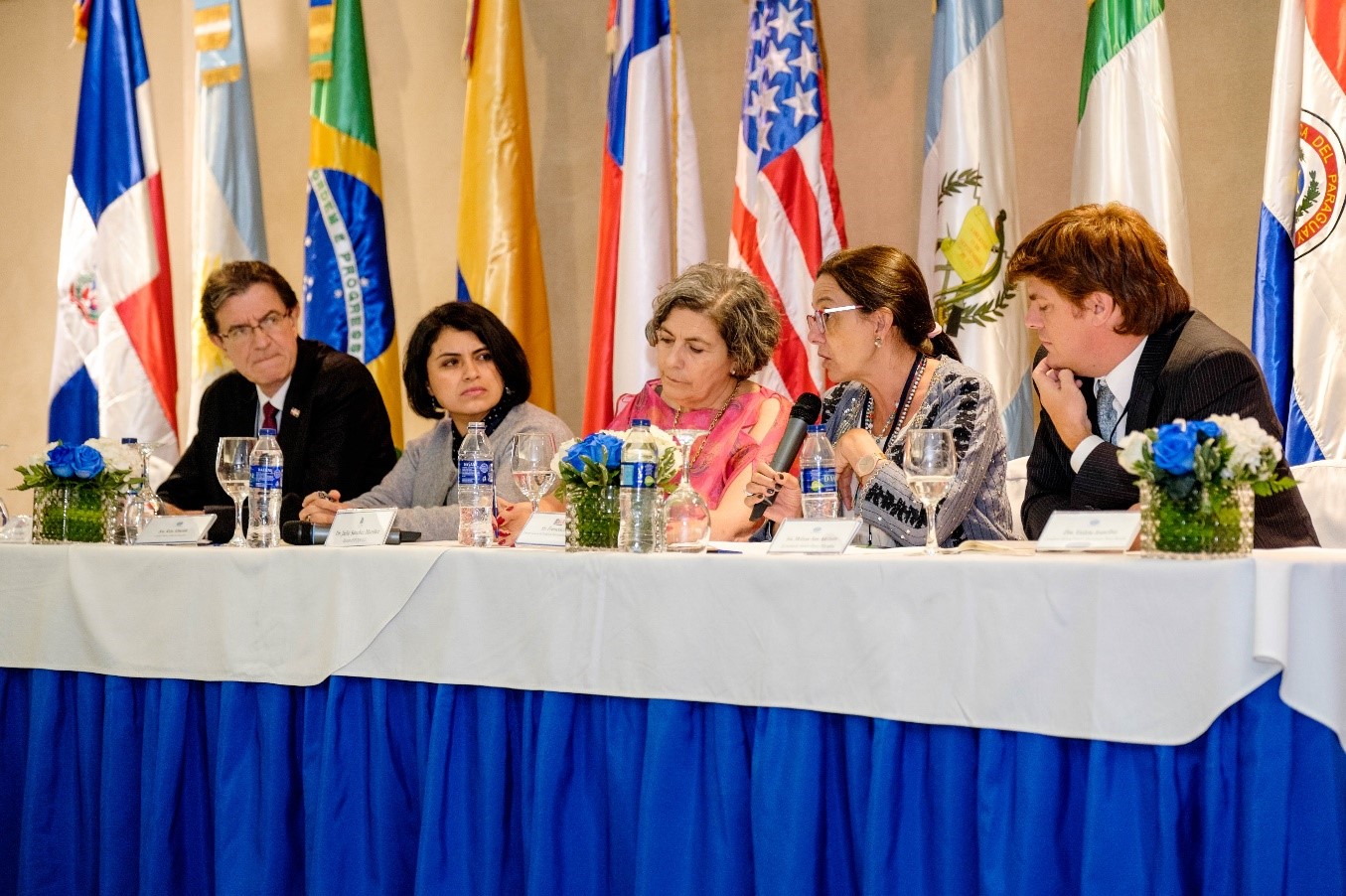
Learning About School Leadership in Latin America and the Caribbean
In the ongoing reforms of the education sector in Guatemala and Dominican Republic (DR), there have been challenges in achieving clarity and consensus on the role and responsibilities of school principals.
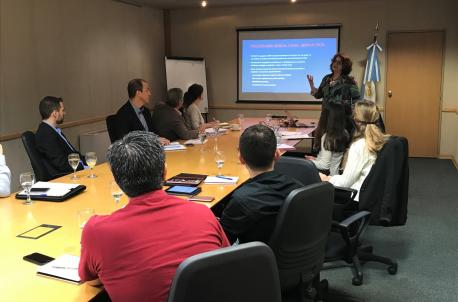
Argentina Affordable Housing Support
The Government of Argentina (GOA) launched in 2016 the first nation-wide demand-side housing supply program for first-home buyers (the Linea Solucion Casa Propia Program, SCP). The World Bank, as part of the Integrated Habitat and Housing Project (P159929), is supporting the SCP.
Receiving country: Argentina
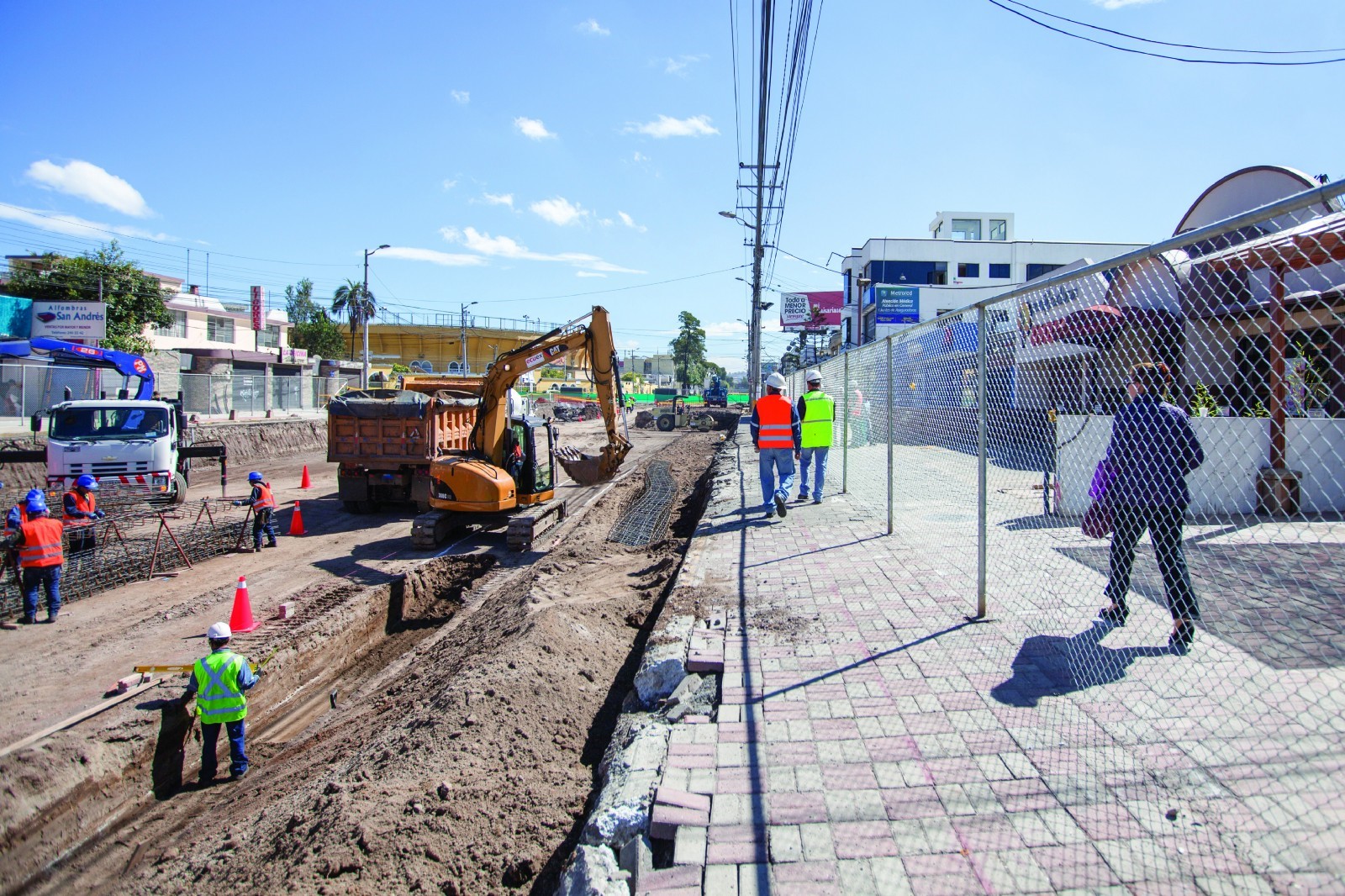
Integration of transport and urban planning exchange
The growing and suburbanizing Municipality of the Metropolitan District of Quito (MDMQ), Ecuador needs to improve its transportation systems to keep pace with demand and give poor and vulnerable groups better access to social and economic opportunities.
Receiving country: Ecuador
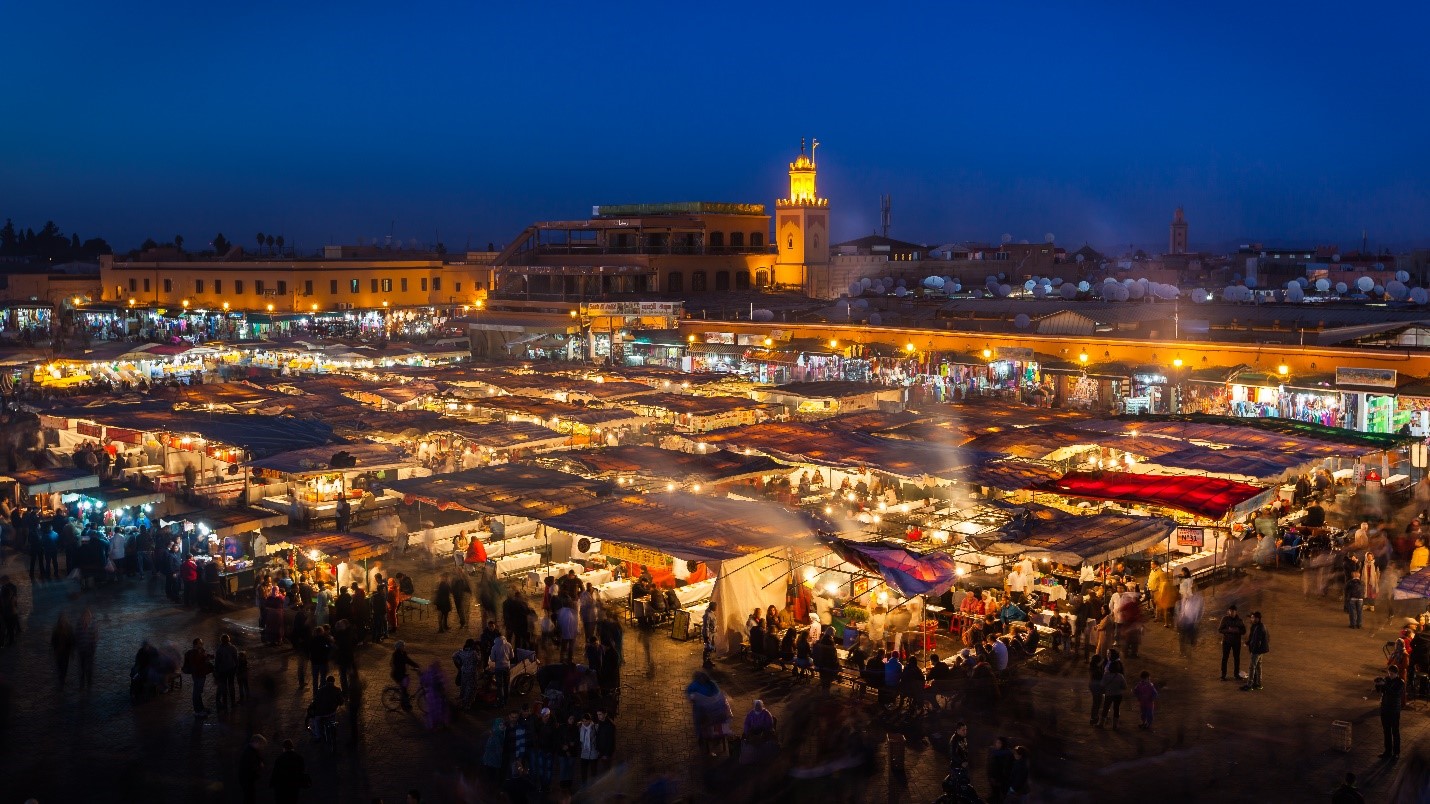
Operationalizing Energy Efficiency in Morocco
Energy consumption is forecast to triple in Morocco as a result of its economic growth and fast urbanization. Especially given its very high reliance on imported energy, the Government of Morocco (GoM) has set ambitious goals to increase energy efficiency.
Providing country: Mexico
Receiving country: Morocco
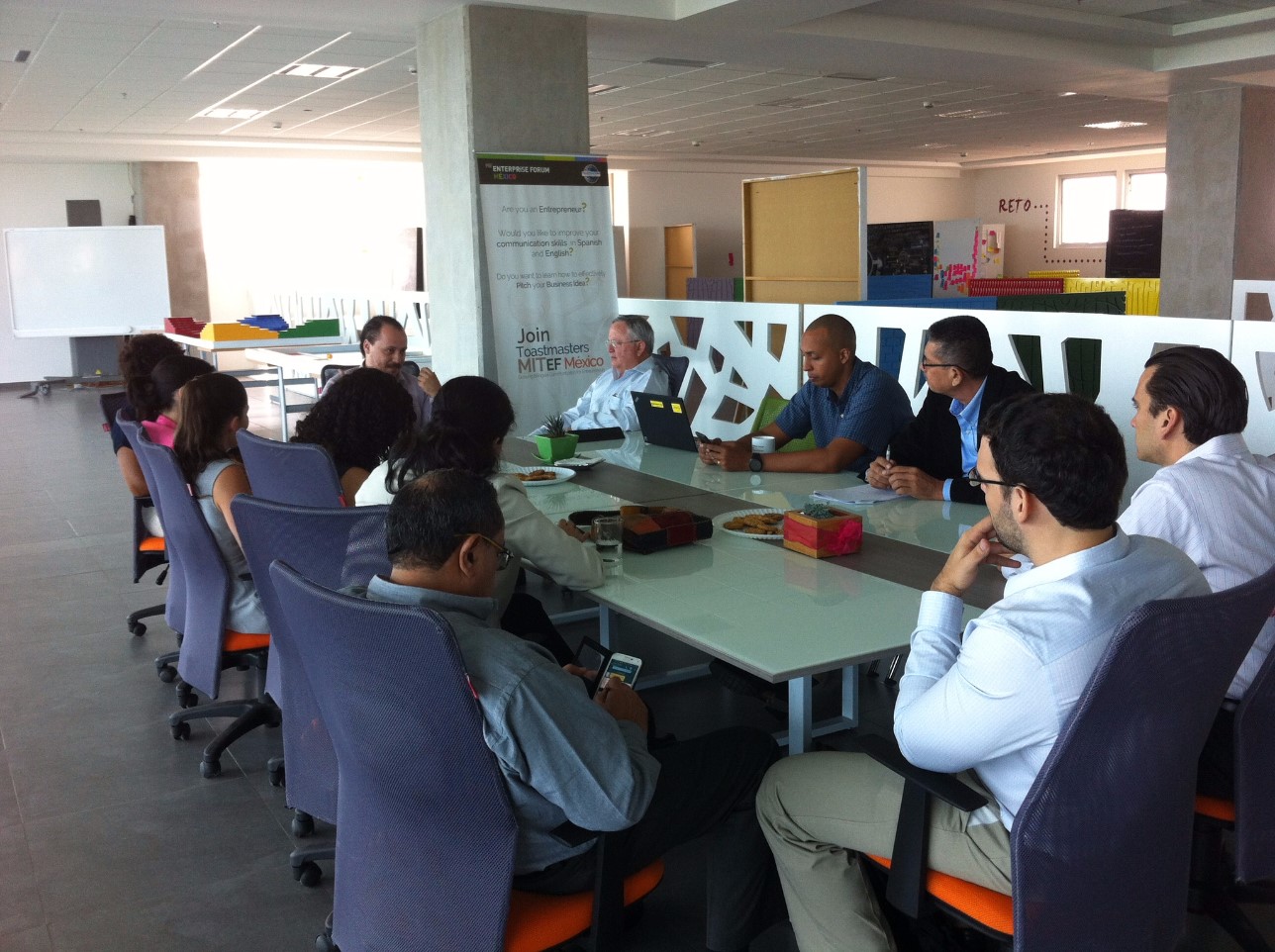
Boosting the Information Technology and Information Technology-Enabled Services (IT-ITES) Sector in Nicaragua
Through this grant, Nicaraguan participants have increased their capacity and skills for designing and implementing policies to develop the IT-ITES sector, and as an ultimate objective, to implement one of the pillars of the National Development Plan. The exchange helped strengthen the collaboration between government, academia and private sector…
Receiving country: Nicaragua
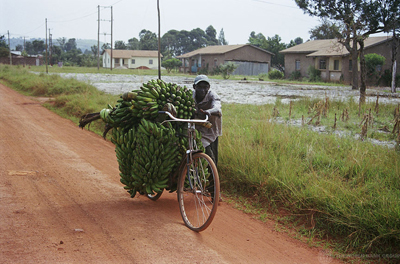
Comprehensive Climate Change Planning in Tanzania
Tanzania is highly vulnerable to climate shocks, and droughts, floods, and tropical storms are likely to become more intense and unpredictable as the earth warms. Current climate variability already inflicts significant economic hardship on Tanzania, which is largely dependent on agriculture.
Receiving country: Tanzania
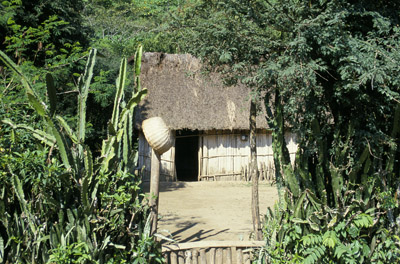
Helping Indigenous Communities in Nicaragua Manage Forest Resources
The Government of Nicaragua (GoN) supports indigenous communities in the Northern Atlantic and Southern Atlantic Autonomous Regions (RAAN and RAAS) in their efforts to take ownership and manage their own forest resources---a policy that helps reduce poverty in the communities while also fighting ecological degradation.
Providing country: Mexico
Receiving country: Nicaragua
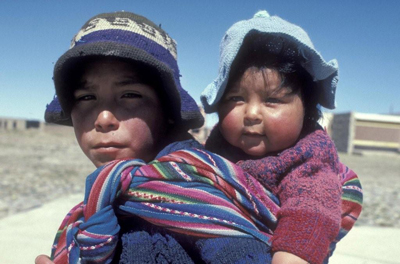
Improving Programs to Tackle Extreme Poverty in Bolivia
Poverty and inequality are harsh realities in Bolivia. In spite of targeted social programs, 59 percent of the indigenous and 62 percent of rural populations still live in extreme poverty.1 Looking to improve social programming for these groups, a special unit in Bolivia’s Ministry of Planning—Unidad de Análisis de Políticas Sociales y Económicas…
Receiving country: Bolivia
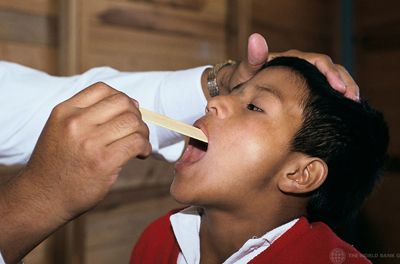
Belize, Honduras, Jamaica, and Mexico Work Together to Strengthen Conditional Cash Transfer (CCT) Programs
Conditional Cash Transfer (CCT) programs in Latin America and the Caribbean (LAC) have improved the lives of millions of poor households across the region by improving children’s education and health (human capital), reducing poverty, and ensuring a minimum income for the poorest households.
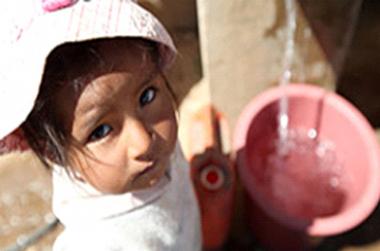
Implementing Multidimensional Measures of Well-being in Bolivia: Learning from Bhutan, Ecuador, and Mexico
The Exchange gathered experts from Bhutan, Ecuador, and Mexico to share knowledge with Bolivian government officials on “measuring” the concept of buen vivir (literally, living well) across monetary and nonmonetary dimensions of social development.
Receiving country: Bolivia
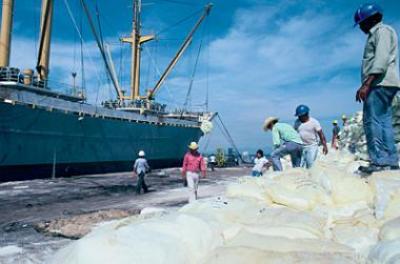
Sharing Experience in Promoting Green Growth
The state of Himachal Pradesh in India recognized the need to design its development strategy that included policies for sustainable management of natural resources and inclusive economic growth. Mexico had experience with including green growth and managing climate change into their own development agenda.
Providing country: Mexico
Receiving country: India

 China
China Colombia
Colombia Denmark
Denmark India
India Indonesia
Indonesia Mexico
Mexico Russian Federation
Russian Federation Spain
Spain United Kingdom
United Kingdom